Could you tell us about the origins of Manfredi Cantine and how your family’s history has influenced the company’s evolution?
For generations we live in Farigliano, a small village in the Langhe, in Piedmont. Here, great-grandfather Luigi and his family began cultivating a small Dolcetto vineyard. His son Giuseppe gave a decisive commercial boost to the winery, delivering wine to lower Piedmont, the Cuneo Valleys and Liguria. Aldo, the current owner of the winery and Giuseppe’s son, began working with him at just fourteen. He opened up foreign markets in the 1980s. In the meantime, his wife Gianfranca has always helped him with administrative management and both are still active in the company. In the 2000s, their daughters Luisa and Paola joined the company: these are the years that saw the world of wine change, becoming faster and more global. The winery has followed these transformations, without losing sight of its roots and the care for quality, which has guided us for over a century.
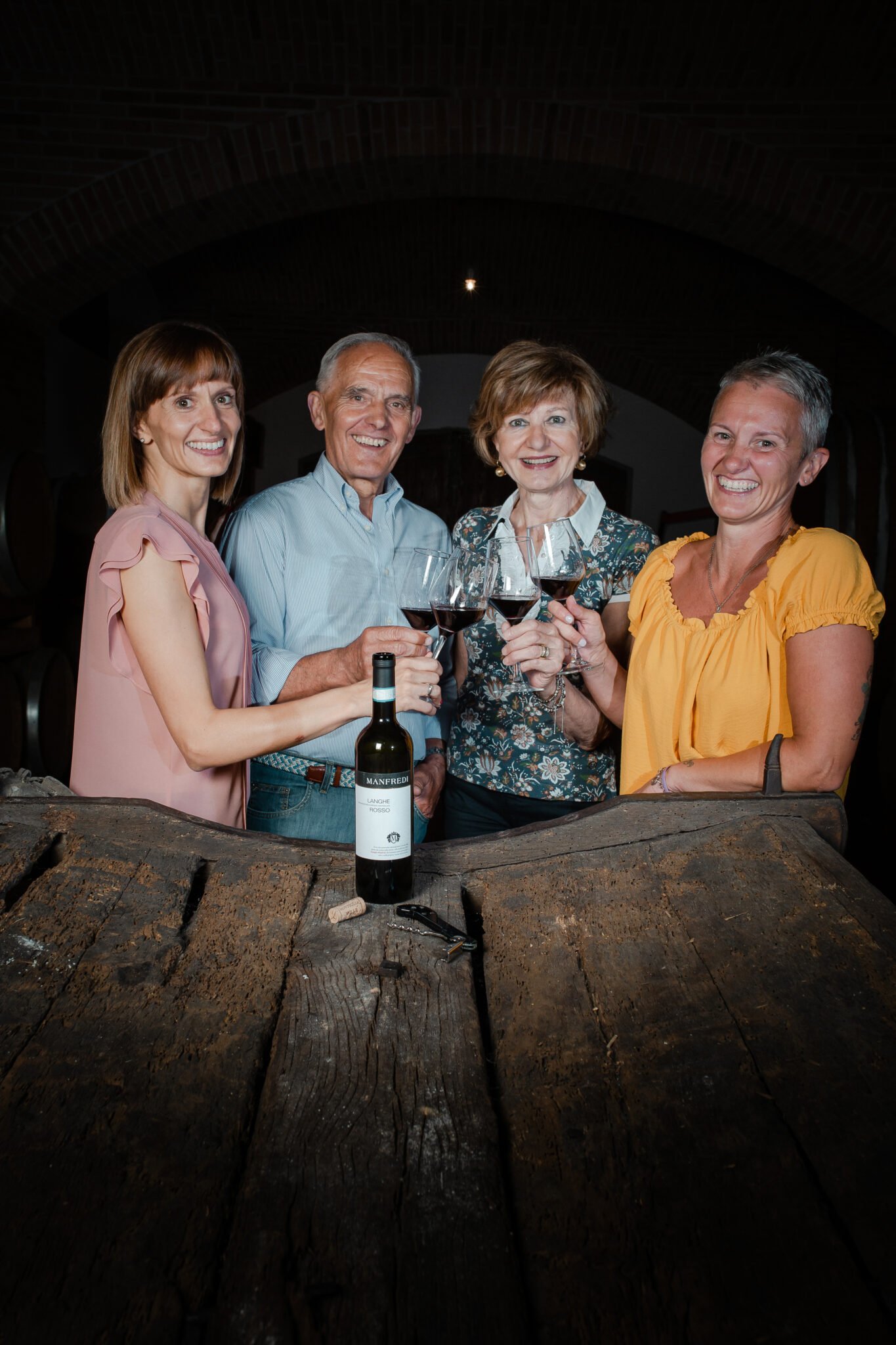
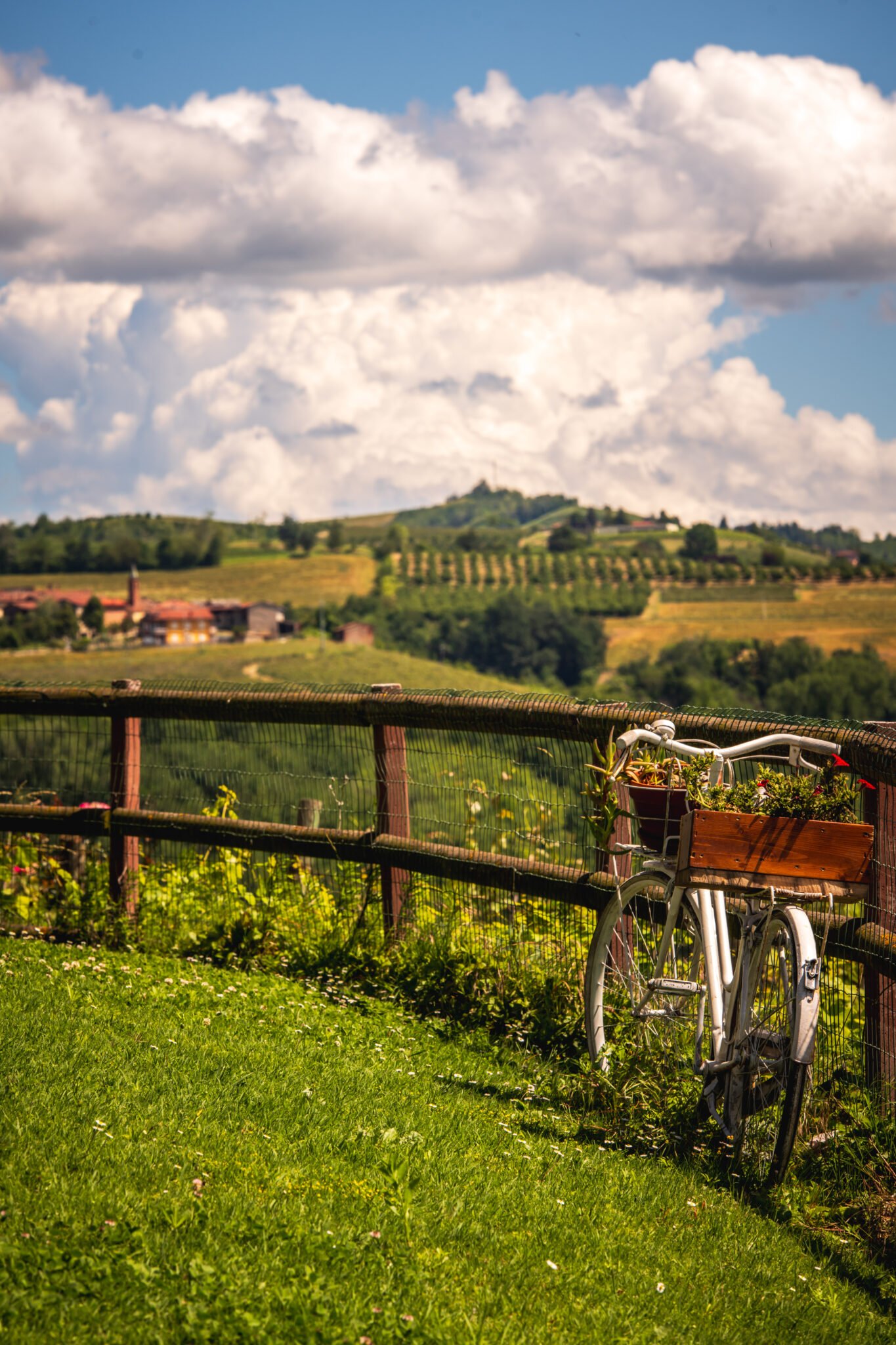
What initiatives have you undertaken to ensure sustainable practices both in the vineyard and in the winery?
We have always worked with a view to sustainability: the photovoltaic system installed on the roof of our cellar allows us to be completely self-sufficient. Water savings are ensured by an artesian well owned by us, about 300 meters deep, which allows us not to take water from the public network.
Cartons and labels have the FSC® certification which guarantees that the paper used comes from responsibly managed forests. In the vineyards, the work is done by hand, without the use of machinery that would cause trauma to the plant, greater pollution and disturbance to wild animals. We work following a virtuous circular economy: for example, the grape skins are recovered and used by a local chees maker; the stalks are donated to local farmers who transform them into beds for their calves.
What are the main product lines you offer, and which Piedmontese appellations do you represent?
We produce the classic Piedmontese denominations: the great reds such as Barolo, Barbaresco, Nebbiolo, Barbera and Dogliani and the whites, including Gavi, Chardonnay, Arneis, Moscato d’Asti and Asti Spumante. You can find these wines in the MANFREDI selection (intended mainly for large-scale retail trade) and PATRIZI (reserved for HORECA). With our BRICCO ROSSO farm, however, we produce Nebbiolo, Dogliani, Langhe Pinot Nero and Alta Langa.
How do you select grapes and terroirs to ensure the quality and authenticity of your wines?
In addition to our own vineyards, which we cultivate with care, we collaborate closely with our suppliers—some of whom we have worked with for over 50 years. Together, we plan the agronomic practices to minimize treatments, synchronize the harvest, and apply sustainable methods. The territory makes a real difference, and the grape varieties we grow allow us to guarantee authenticity and unique characteristics.
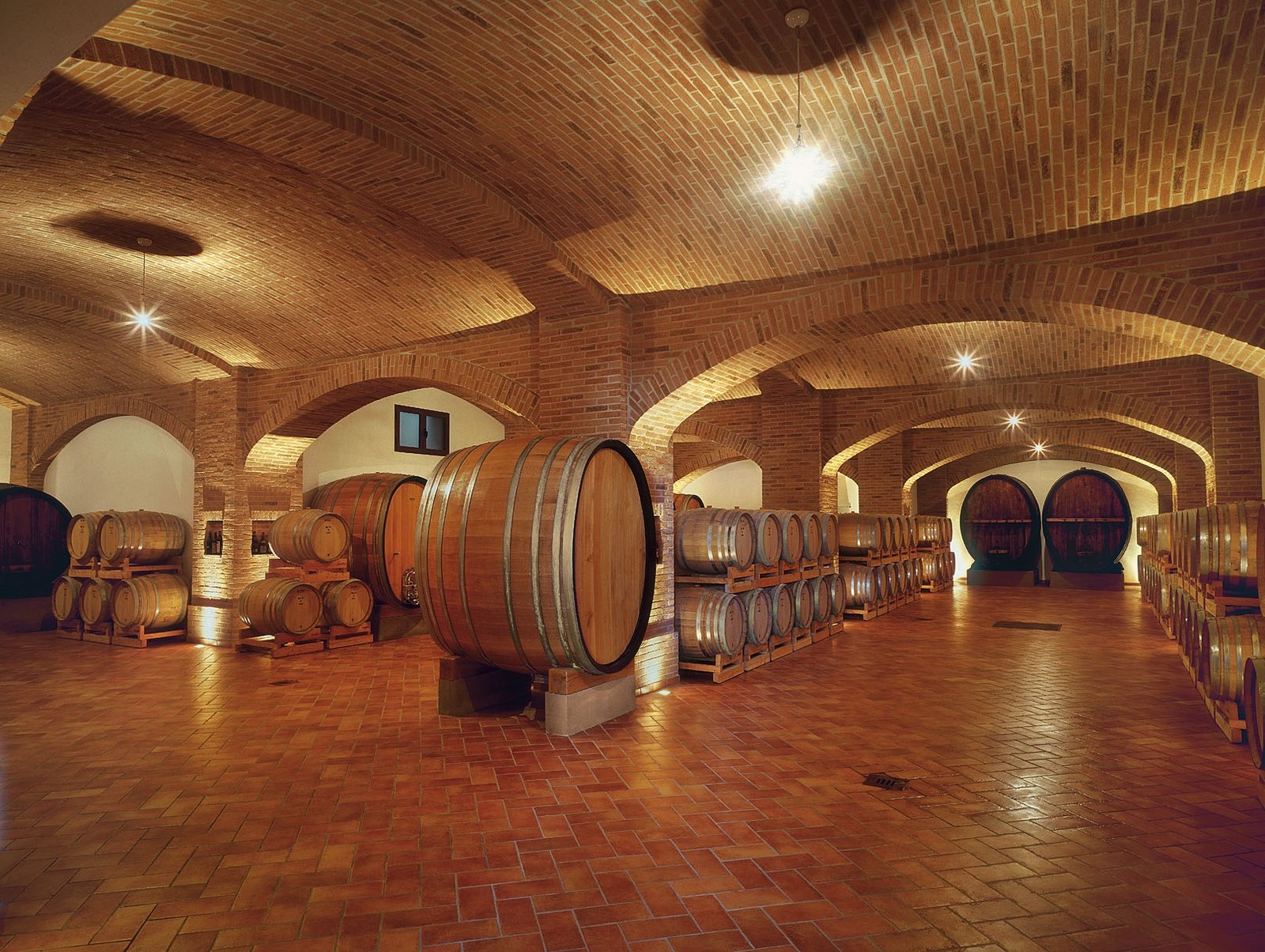
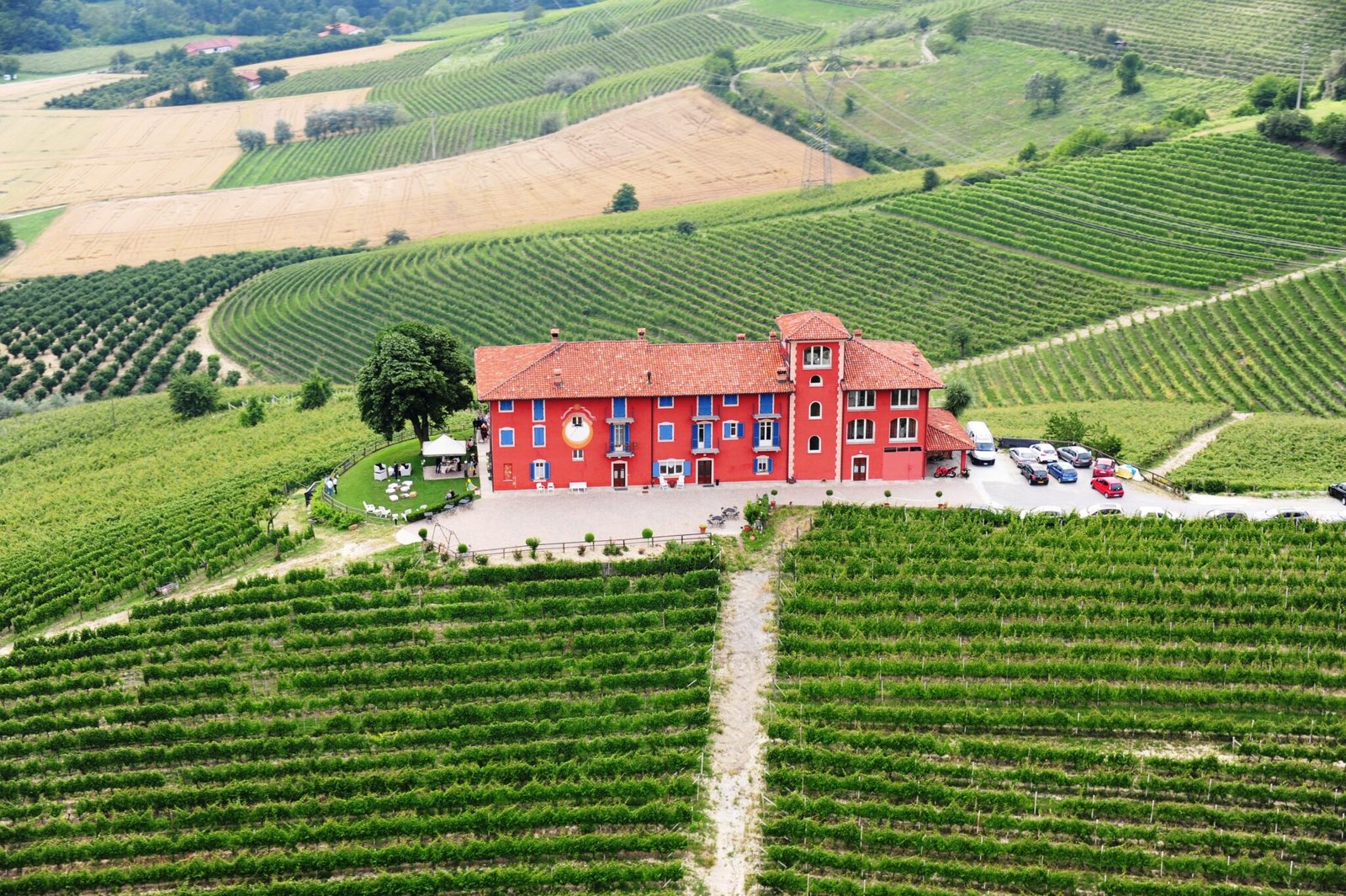
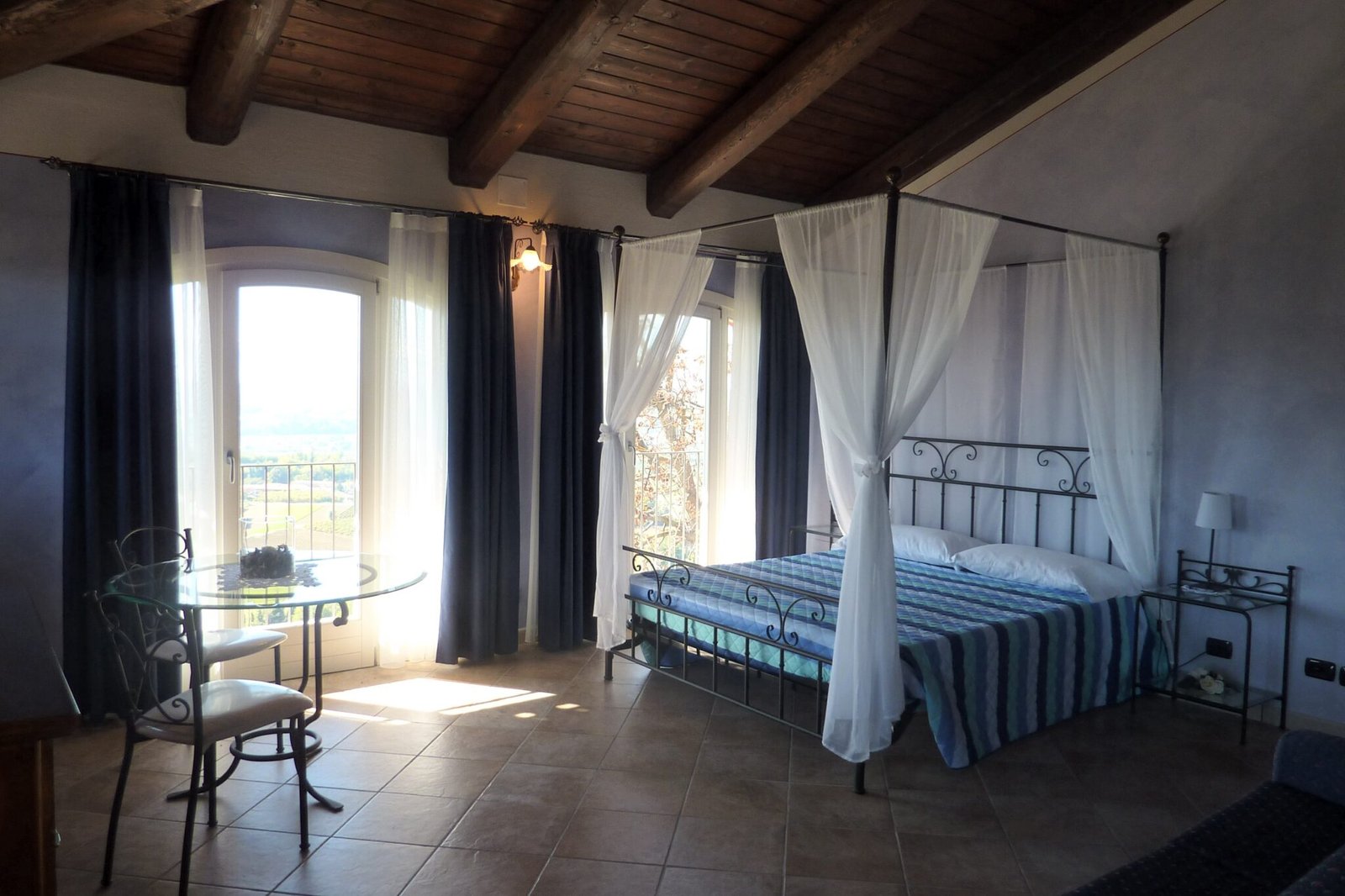
How do you address distribution challenges in the domestic and international markets?
Over the years we have managed to build and strengthen excellent collaborations: our partners are our “ambassadors” and we maintain a strong relationship of trust with them. It is important to always be prepared for market demands and new consumer needs. Thanks to a wide range of wines—white, red, sparkling and low alcohol—we are always able to offer the right choice.
Do you offer wine tourism experiences at your facilities? If so, what activities do you offer to visitors?
At our BRICCO ROSSO farm we offer hospitality and experiences: rooms are very large, with a wonderful view of the vineyards and the Alps. The warm welcome and the goodness of our wines and local products allow guests to immerse themselves in the pleasures of the Langhe. Regarding wine, we offer different experiences, based on the wine guests wish to taste. In addition to wine, there are other activities to do: relaxing in the pool, renting e-bikes, taking pleasant walks surrounded by vineyards, woods and fields of wheat and hazelnuts.
How does wine tourism contribute to the promotion of your wines and to strengthening the bond with consumers?
Direct experience is very important: it creates a closer bond with visitors and is an excellent advertising vehicle thanks to the “word of mouth” of those who have already been to us. We always try to create a relationship of trust with our guests, sharing the history of our family and the territory, the dedication and attention we put into our wines, to make everyone feel an integral part of the experience.

